We’ve all heard of Menopause, but have you heard of Andropause?
Andropause is the term otherwise known as “male menopause.” This is the result of low testosterone in men.
While menopause occurs in a woman’s life after an ‘event,’ which is the loss of her menstrual cycle, men experience male menopause very differently. Let’s explore how and why male menopause happens.
Andropause: Male Menopause
On average men produce 2% less testosterone a year. This steady decline begins between the age of 30 to 40. Unlike women, no specific ‘event’ causes a man to experience Andropause. Although a steady decline in testosterone is normal as you age, a multitude of lifestyle factors contributes to the sudden and more significant decrease in testosterone, causing symptoms of Andropause.
Lifestyle changes and hormone balance supplements can be game changers for men struggling with low testosterone. It’s important to first recognize the symptoms, confirm a diagnosis, and address the root causes of your distress.
Recognizing the Symptoms
Recognizing symptoms is important to determine if you’re experiencing Andropause. Unfortunately, many of us chalk these symptoms up to old age. However, our bodies are sending a clear message; our hormones are out of balance! Although these symptoms may be common as we age, they should not be characterized as normal.
Symptoms Associated with Andropause Include:
- Low libido
- Erectile Dysfunction
- Infertility
- Insomnia
- Weight gain
- Decreased muscle mass
- Gynecomastia (excess breast tissue in males)
- Mood swings
- Irritability
- Anxiety
- Depression
- Poor memory
If you’re experiencing these symptoms and suspect you’re struggling with low testosterone, it’s important to confirm a diagnosis. Ruling out comorbidities and other contributors is key to a successful treatment plan.
How is Andropause diagnosed?
Diagnosing Andropause entails discussing your symptoms with your doctor.
Your physician should perform a physical exam to rule out any medical conditions contributing to your symptoms. A blood test can be ordered to measure your testosterone levels.
Specifically, you want to pay attention to your Free Testosterone levels. Free Testosterone is responsible for secondary sexual characteristics in men. When our Free Testosterone is low, this is when we experience poor functionality and start to notice those pesky low testosterone symptoms.
On average, for men, 40 years and older, “normal” Free Testosterone levels range from 200-900 ng/dL. However, if you are experiencing symptoms and are within the lower end of the range; your testosterone may be too low for your body’s demands.
What sort of demands causes low testosterone?
Lifestyle Factors
Andropause is a multifactorial condition. As our bodies age, we become more sensitive to our lifestyles. Bad habits, like staying up late and regularly over-indulging in our favorite junk food, become harder for our bodies to adjust to. Other factors, like anxiety and depression, can be a “catch-22.” Studies show anxiety and depression can negatively impact testosterone production in men; likewise, low testosterone can cause anxiety and depression.
Contributing Lifestyle Factors Include:
- stress
- improper diet
- poor sleep
- lack of exercise
- excess alcohol
- excess toxins and xenoestrogens (“fake estrogen”)
- depression
- anxiety
There’s no quick fix, but recognizing factors that may be contributing to your sudden drop in testosterone is key. Often, there is no single specific factor causing Andropause, but rather a combination of habits or factors that are compounding your symptoms.
Thankfully, lifestyle changes and hormone balance supplements are great tools to help you take back your life.
Treatment
Taking a holistic route to treat your low testosterone can help you avoid prescriptions and potential side effects.
Start by noting what your lifestyle is lacking. Daily physical exercise, a healthy diet focused on whole foods, and implementing a sleep routine directly boost your testosterone levels.
Eliminating toxins from household cleaners, plastics, and personal cleaning products reduces your exposure to endocrine disruptors. Endocrine disruptors are chemicals that interrupt healthy hormone function. These chemicals mimic estrogen in our bodies. “Fake estrogens,” also known as xenoestrogens, are silent contributors that can wreak havoc on your hormones.
Supplements are another great aid. Let’s explore supplements that can help you!
Can Hormone Balance Supplements Help You?
Hormone balance supplements, herbs, and vitamins can augment your treatment plan.
Due to improper diet, we often lack essential hormone-regulating micronutrients. Essential minerals and vitamins help our bodies function optimally, especially when it comes to our hormones. Studies have found Vitamin D, Zinc, and Magnesium increase testosterone levels in men.
Adaptogenic herbs, like Ashwagandha, help our bodies adapt to external stressors that diminish our hormones. Not only does this herb increase testosterone levels, but it’s also been found to reduce inflammation and stress in the body.
DIM (Diindolylmethane) is a phytonutrient that helps our bodies metabolize excess estrogen. Excess estrogen from “fake estrogens” is another hormone-clogging contributor that dampens testosterone production, usually due to improper lifestyle habits.
Implementing a combination of lifestyle changes and supplements gives you the best shot at living your best life.
We’re sure you have questions on this fascinating and relevant topic. If so, please feel free to reach out to us.
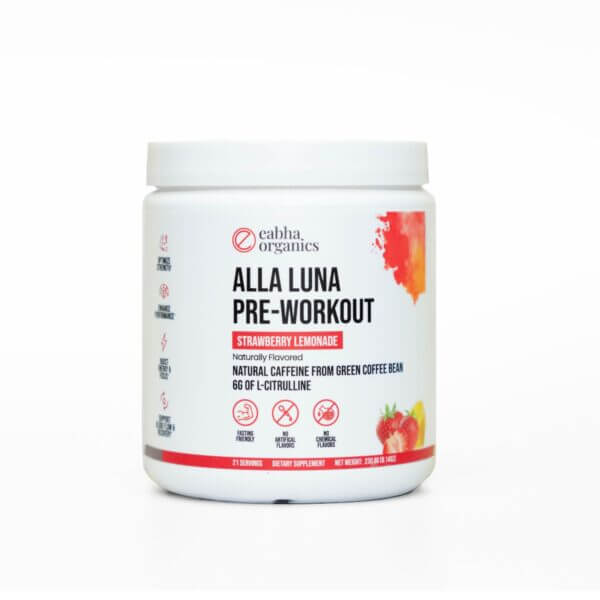


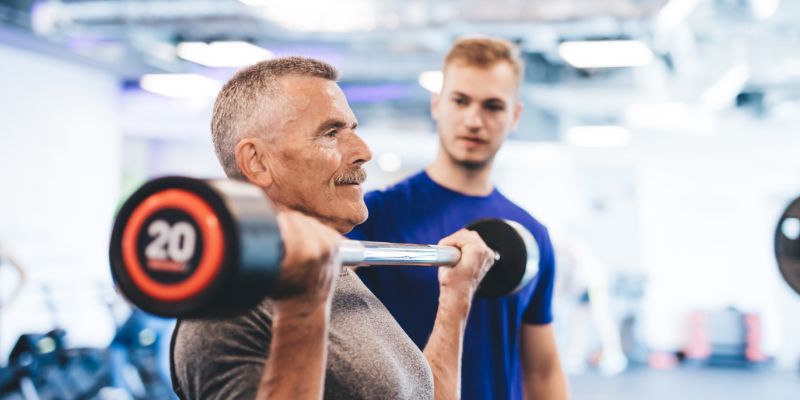
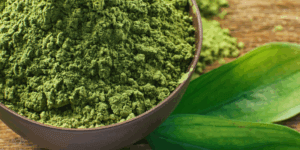


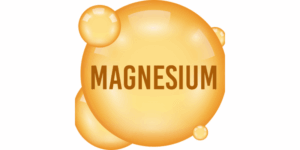
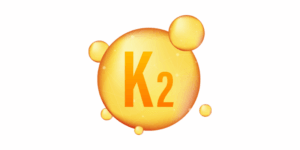

2 Responses